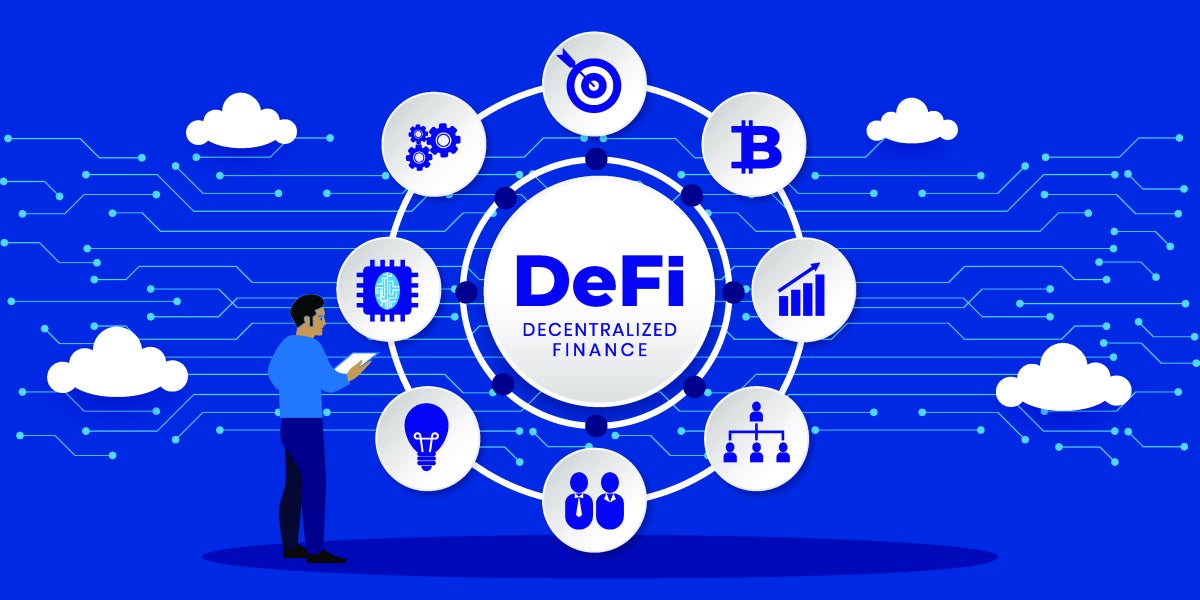Decentralized Science (DeSci) is a new scientific research model based on blockchain technology, aiming to build a more open, transparent and democratic scientific research ecosystem. Its core principle is to use the distributed ledger, consensus mechanism and smart contract characteristics of the blockchain to break the centralized limitations of the traditional scientific research system and realize the disintermediation of scientific research resources and processes.
In DeSci, all scientific data, papers, intellectual property and other resources are stored in a decentralized distributed storage system, such as IPFS or Arweave. These resources can be freely accessed and utilized by anyone, regardless of institution and geography. At the same time, the contributions and achievements of researchers will also be permanently recorded on the blockchain, forming a traceable and verifiable “Provenance”.
In order to incentivize the contributions of scientific researchers, DeSci usually issues its own tokens and gives contributors direct token rewards through the token economic model. For example, based on metrics such as the number of citations of the paper and the usage of the dataset, the system will automatically distribute a certain number of tokens to the relevant contributors. This contribution-based incentive mechanism is expected to eliminate regional and institutional biases in traditional scientific research evaluation.
In the DeSci ecosystem, researchers can publish their results and apply for grants directly on the blockchain, without relying on intermediaries. The allocation and use of funds are automatically executed by smart contracts, ensuring transparency in the funding process. At the same time, the anti-censorship feature of blockchain-based can effectively prevent scientific research results and data from being censored or deleted.
It is important to note that DeSci is not fully decentralized and still requires a certain coordination mechanism. For example, in the form of a decentralized autonomous organization (DAO), community members can work together to develop research standards, review mechanisms, etc.
In general, decentralized science is striving to build a new order of scientific research that is more fair, efficient, and open. Although it still faces many challenges such as incentive design and quality control, the concepts and principles behind it are worthy of our attention and exploration.



